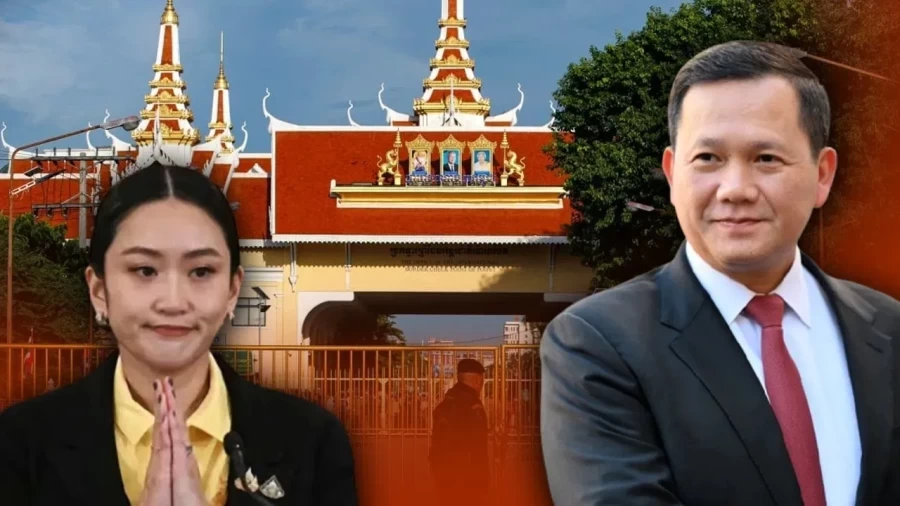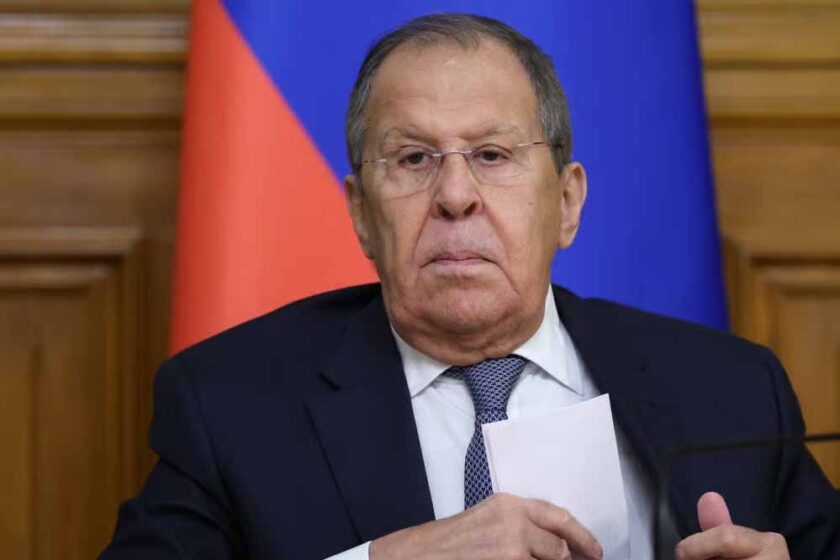Phnom Penh/New Delhi: As military tensions between Thailand and Cambodia escalate into the most serious conflict in over a decade, the Indian Embassies in both countries have issued urgent travel advisories, warning citizens to avoid conflict zones and exercise extreme caution.
More than 130,000 people have been displaced, and over 20 lives lost, following an upsurge in deadly border skirmishes fueled by long-standing territorial disputes.
Indian Nationals Advised to Avoid Border Regions
In an official statement released on Saturday, the Indian Embassy in Phnom Penh urged nationals to refrain from visiting areas along the Cambodia–Thailand border. Citizens living in Cambodia are advised to contact the Embassy in emergencies via email: cons.phnompenh@mea.gov.in or phone: +855 92881676.
A similar alert was issued by the Indian Embassy in Thailand, especially targeting Indian tourists. The advisory named seven eastern Thai provinces—Ubon Ratchathani, Surin, Sisaket, Buriram, Sa Kaeo, Chanthaburi, and Trat—as high-risk regions currently witnessing intense military activity.
Temples Become Flashpoints of Armed Clashes
At the heart of the conflict are disputed ancient temples, including Preah Vihear and Ta Muen Thom, located along an 817-kilometer border. Although the International Court of Justice ruled in favor of Cambodia in 1962 (and reaffirmed it in 2013), Thailand continues to contest parts of the surrounding territory.
The disputed zone has seen artillery shelling, airstrikes, and drone reconnaissance missions in recent days. Cambodia has accused Thailand of violating international law by attacking near the UNESCO-listed Preah Vihear Temple. Thailand claims its actions were defensive.
Tensions Mount Despite Ceasefire Talks
In response to the escalating violence, both countries have filed formal complaints with the United Nations Security Council (UNSC). While Cambodia demands an unconditional ceasefire, Thailand has expressed willingness to engage in ASEAN-led mediation, with Malaysia offering to facilitate dialogue.
A recent landmine explosion injuring Thai soldiers has intensified hostilities. Thailand blames Cambodia for planting new Russian-made mines, a claim Phnom Penh denies, attributing it to unexploded ordnance from past conflicts.

In retaliation, Thailand deployed F-16 fighter jets to bomb Cambodian army bases. Cambodia condemned the aerial strikes as “militaristic aggression,” highlighting its lack of comparable air power.
Mounting Humanitarian Crisis
According to Thailand’s Public Health Ministry, at least 19 Thais, including 13 civilians, have been killed and 62 injured. Cambodian officials report one civilian death and five injuries in Oddar Meanchey province. Cambodia also accused Thailand of using cluster bombs and BM-21 rocket systems, calling it a breach of international norms.
Evacuation efforts are underway in both nations. Thailand has relocated over 138,000 people, while Cambodia has moved nearly 12,000 households to temporary shelters. Emergency aid, field hospitals, and relief supplies have been deployed, but humanitarian agencies report strain on available resources.
Embassy Urges Vigilance, Avoidance of Conflict Zones
Following the withdrawal of ambassadors by both nations and reports of breached ceasefire attempts, the Indian Embassy in Thailand reiterated its travel warning. It advised Indian citizens to:
- Avoid border areas and provinces under military threat
- Monitor updates via local news and official Thai government websites
- Follow instructions from Thai security agencies
- Regularly check the TAT (Tourism Authority of Thailand) Newsroom for travel alerts
The Indian government continues to closely monitor the situation and has urged all citizens currently in Cambodia or Thailand to register with the Embassy and stay informed about safety developments.
As regional diplomacy struggles to keep pace with growing tensions, Indian nationals are being urged to prioritize safety and refrain from any non-essential travel to the affected areas.










